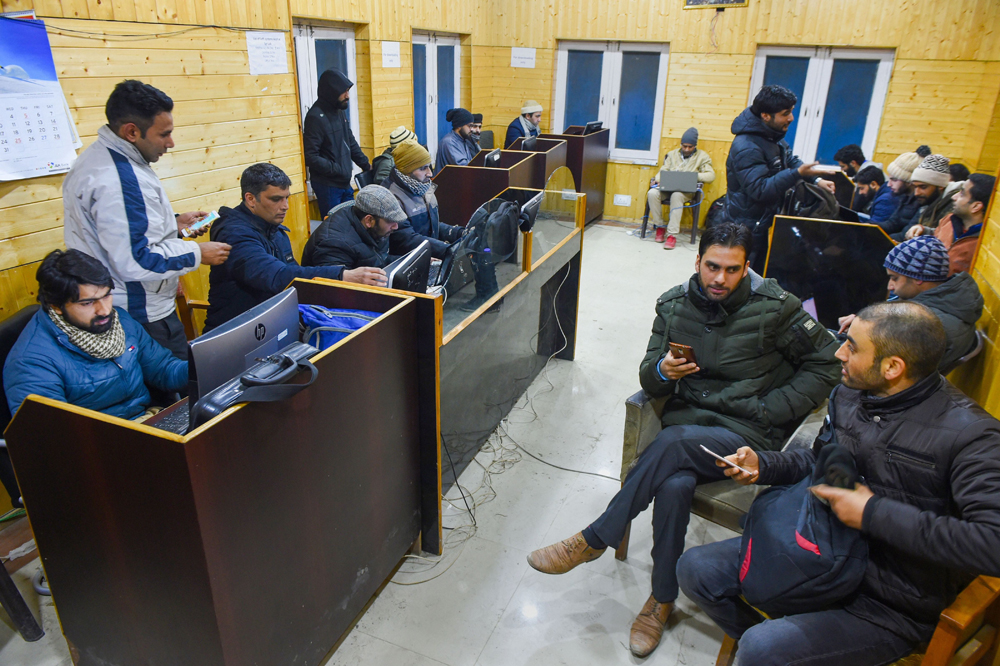The Supreme Court on Friday refused to step into the “political propriety” of the movement and telecom restrictions in Jammu and Kashmir, quoting Charles Dickens to cite the “inherent contradictions” in the situation.
Justice N.V. Ramana, who headed the three-judge bench and authored the judgment, said there were rival claims about the restrictions, with the government insisting they were minimal and its opponents claiming a gross violation of fundamental liberties.
“Although cherished in our heart as a ‘Paradise on Earth’, the history of this beautiful land is etched with violence and militancy. While the mountains of (the) Himalayas spell tranquillity, yet blood is shed every day. In this land of inherent contradictions, these petitions add to the list, wherein two sides have shown two different pictures,” the judgment said.
Against this background, the introduction to the judgment quoted from Charles Dickens’s juxtaposition of contrasts in A Tale of Two Cities: “It was the best of times, it was the worst of times, it was the age of wisdom, it was the age of foolishness, it was the epoch of belief, it was the epoch of incredulity, it was the season of Light, it was the season of Darkness, it was the spring of hope, it was the winter of despair, we had everything before us, we had nothing before us, we were all going direct to Heaven, we were all going direct the other way --- in short, the period was so far like the present period, that some of its noisiest authorities insisted on its being received, for good or for evil, in the superlative degree of comparison only.”
Justice Ramana added: “In this context, this court’s job is compounded by the magnitude of the task before it. It goes without saying that this court will not delve into the political propriety of the decision… which is best left for democratic forces to act on.”
He said the court’s “limited scope” was “to strike a balance between the liberty and security concerns so that the right to life is secured and enjoyed in the best possible manner”.
According to the judgment, restrictions on telecom services and people’s movement can be imposed to protect national integrity and security, friendly relations with foreign States, public order, decency and morality, and to prevent contempt of court, defamation or incitement to an offence.
Justice Ramana will become the Chief Justice of India on April 24, 2021, and remain in the post till August 26, 2022.










